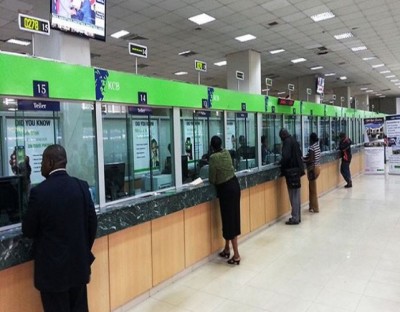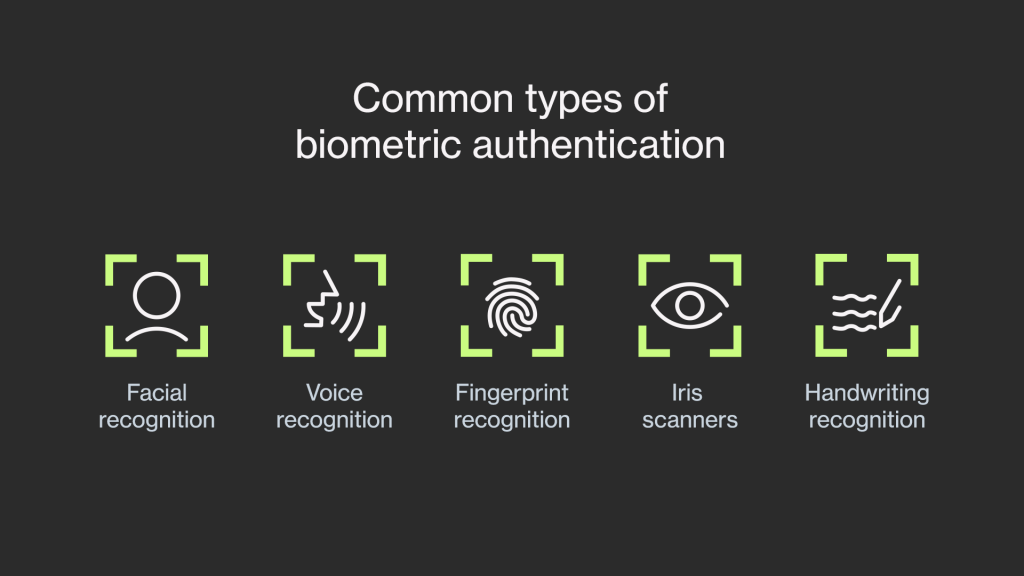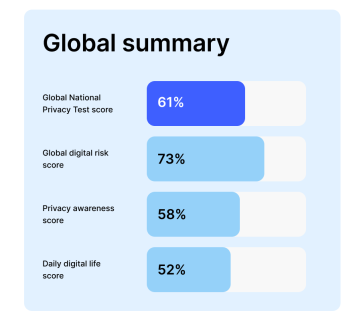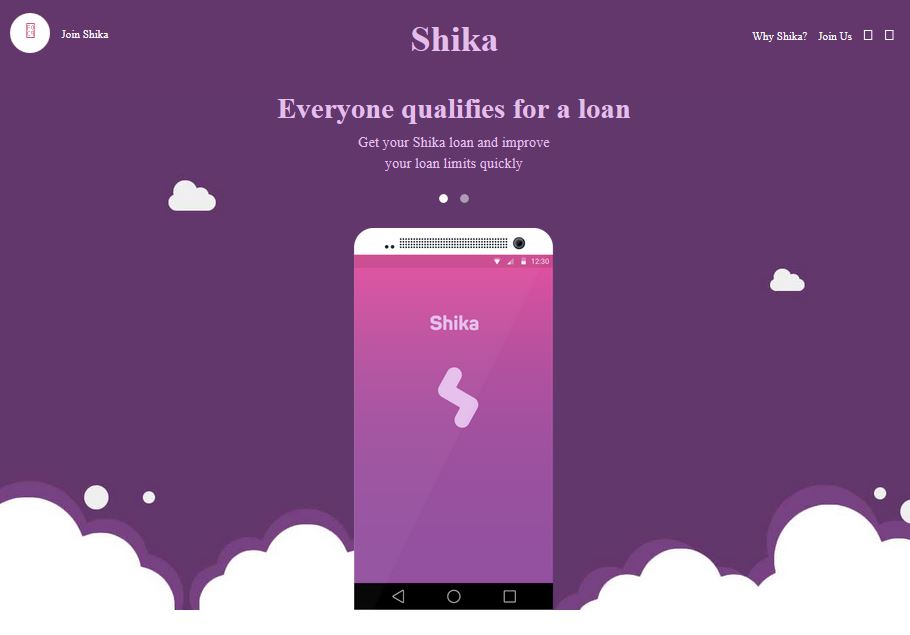This week has seen leading locally-owned banks Kenya Commercial Bank (KCB) and Co-operative Bank announce their profits for the nine months ending September 2014, citing 17% and 2.5% increase in pre-tax profits respectively.
Both banks have attributed the rise from last year’s earnings on the mobile banking services they provide for their customers, with plans to expand and increase services offered through the mobile platforms in a bid to grow profits and achieve financial inclusion.
KCB, which stands as the most profitable bank ahead of rival Equity Bank, is planning to leverage advancements in technology in efforts to improve customer experience across the East Africa Region through upgrading its core banking platform.
The upgrade will see KCB invest up to 6 Million Dollars to allow the bank to handle at least 50 million customers on the T24 core banking platform, from the current 20 million.
T24 is a software platform that powers core banking operations and can be implemented on the premise or deployed through Cloud-based delivery model, Software-as-a-Service (SaaS).
“Once the upgrade is complete, customers will be able to transfer money directly from their bank accounts to their phones among other services,” said Joshua Oigara, Group CEO KCB.
Co-operative Bank, which also announced an increase in profits before tax (PBT) said the income growth reported was driven mainly by mobile banking, internet banking and ATM commissions.
Given that the bank launched its mobile banking service dubbed M-Co-opCash in August this year, a month into the company’s Q3 financial year report, it would appear pre-mature to attribute its growth majorly to the mobile service.
However, the bank is planning for an expansion of the mobile service to more customers across the country by expanding its regional presence with more branches.
The bank’s mobile wallet, M-Co-opCash, allows customers to open accounts, make utility payments and apply for loans from their mobile phones.
With Co-operative Bank coming late to party of mobile technology, Equity is working to take the place of KCB as the top most profitable bank in the country.
Equity announced its Q3 financial results in the month of October, reporting a 23% increase to stand at 15.3 billion shillings. With the recent advancements and innovations by the bank through its thin SIM technology and Equitel, the bank is expecting major growth.
The mobile service Equitel, allows customers to send money to family and friends at no cost and withdraw for mobile agents for a fixed fee of KSh 25. This move will Equity to continue offering cheaper options for its customers, as it already does with its mainstream bank services.
With Kenya’s economy being driven mainly by Agriculture, Equity’s mobile service is good news to the small holder farmers across the country who find it difficult to transact daily mobile transfers with existing mobile money services.
Most farmers across Kenya will opt to register with the Equitel service since it is more cost effective compared to the existing mobile money platforms that are more expensive.
For example, sending money on the Safaricom network which has most subscribers attract charges at different rates depending on the amount of money one is sending. Withdrawal charges on the M-Pesa service starts from KSh 27 going up.
Farmer’s will then see Equitel as a better option for their businesses, and with Safaricom not reducing charges to suite the small scale enterprises and maintain their loyalty, it is possible that Equity bank will largely grow its customer base and make a run for the top.





